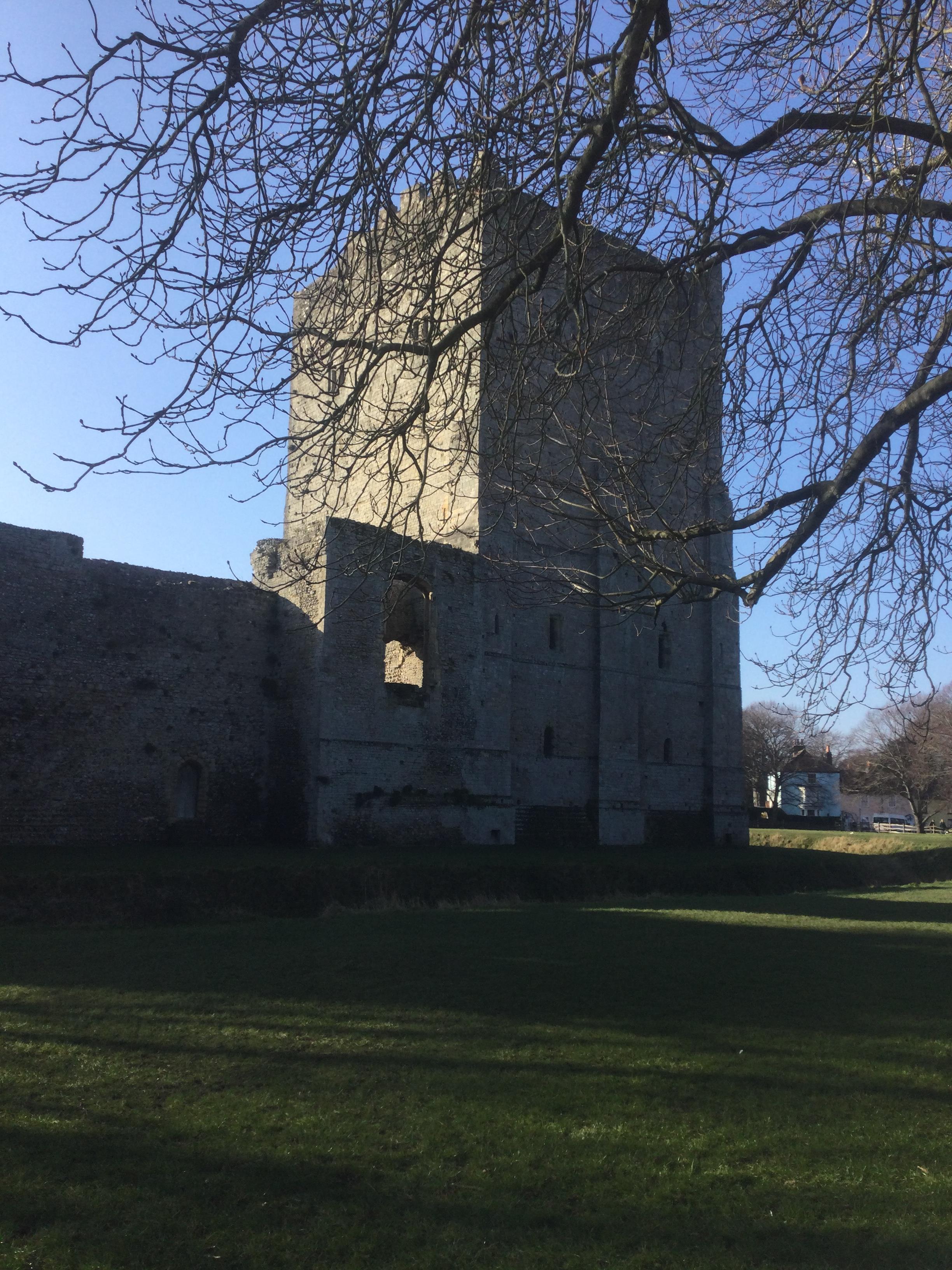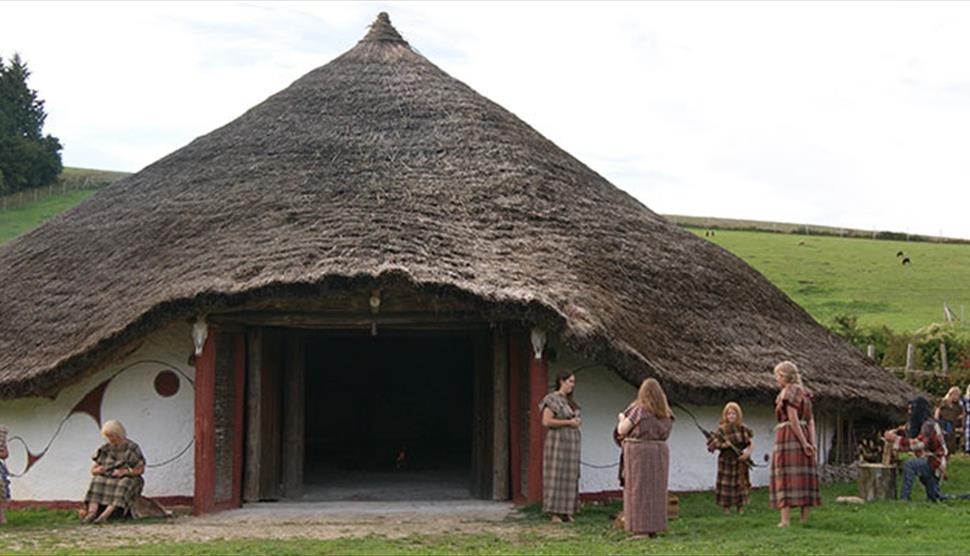
The United learning for history provides all children, regardless of background with a coherent and chronological knowledge of the history of Britain, including local history and the wider world. We use three concepts to help develop a deep understanding of history:
Quest for knowledge
How do people understand the world around them? What is believed; what is known; what scientific and technological developments are made at the time? How is knowledge stored and shared?
Power, empire and democracy
Who holds power, and what does this mean for different people in the civilisations? How is power wielded and legitmised? How are people’s rights different in different historical contexts?
Community and family
What is life like for people in different societies? How are these societies structured? How are family and community relationships different in different historical contexts?

At the Victory, we give all pupils the opportunities to see themselves reflected in the curriculum, but also to be taken beyond their own experiences. The history curriculum teaches pupils about civilisations from across the world and always incorporates the experiences- positive and negative -of ethnic minorities in Britain.
We ensure that foundational knowledge, skills and concepts are secure before moving on. Pupils revisit prior learning and apply their understanding to new concepts. Our history curriculum is based on developing six disciplinary skills as the pupils move through the year groups. The six skills taught are: historical significance, cause, change and continuity, similarity and difference, historical evidence, and chronology.
Most importantly, at the Victory, we aim to create an excitement for history, which inspires our pupils to be curious and want to learn more about the past.
History Curriculum Overview